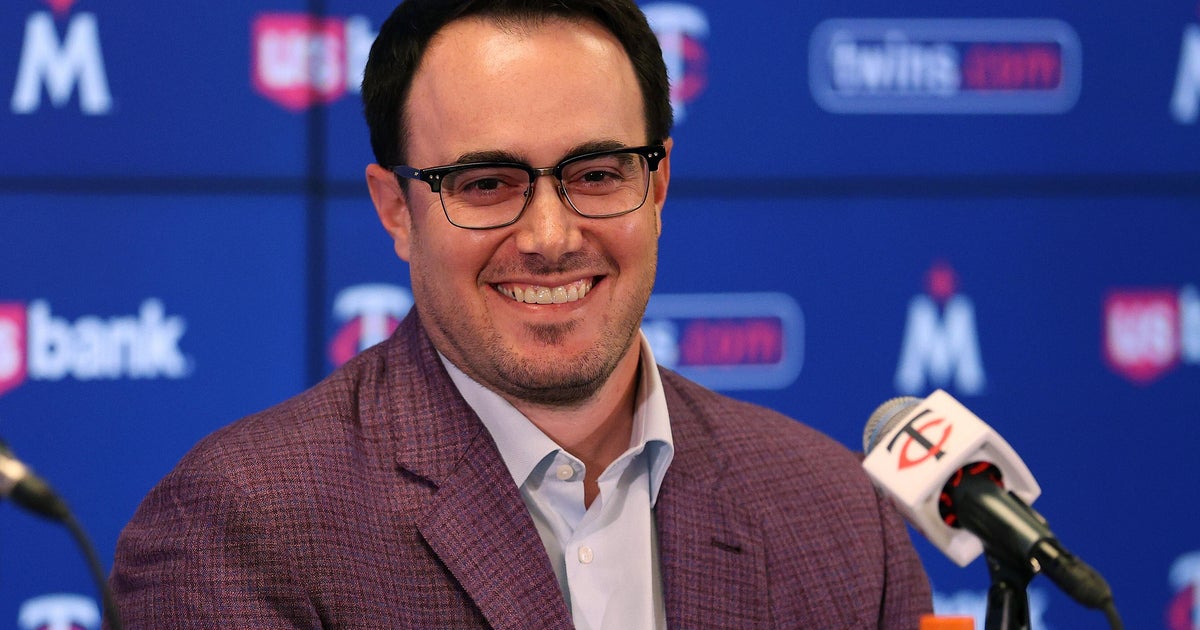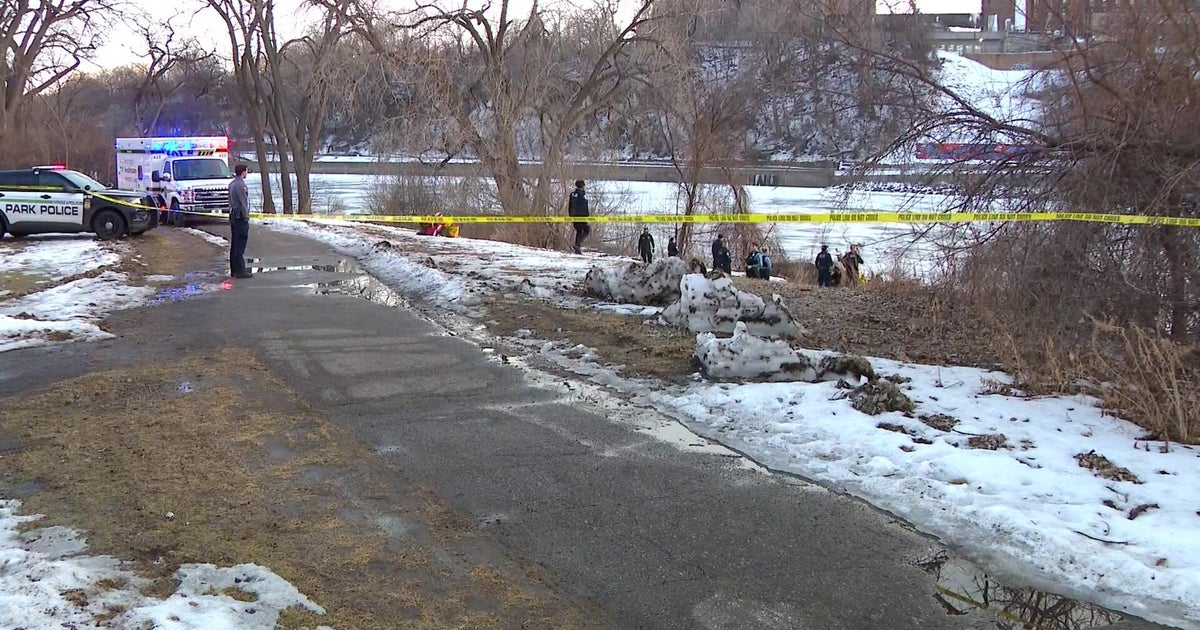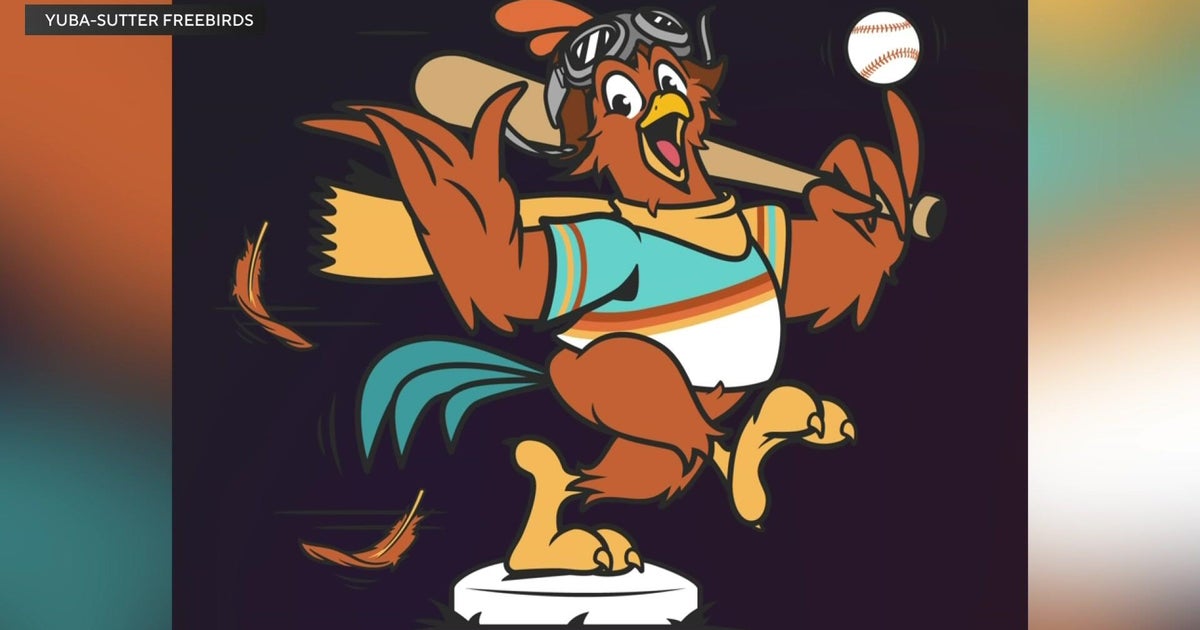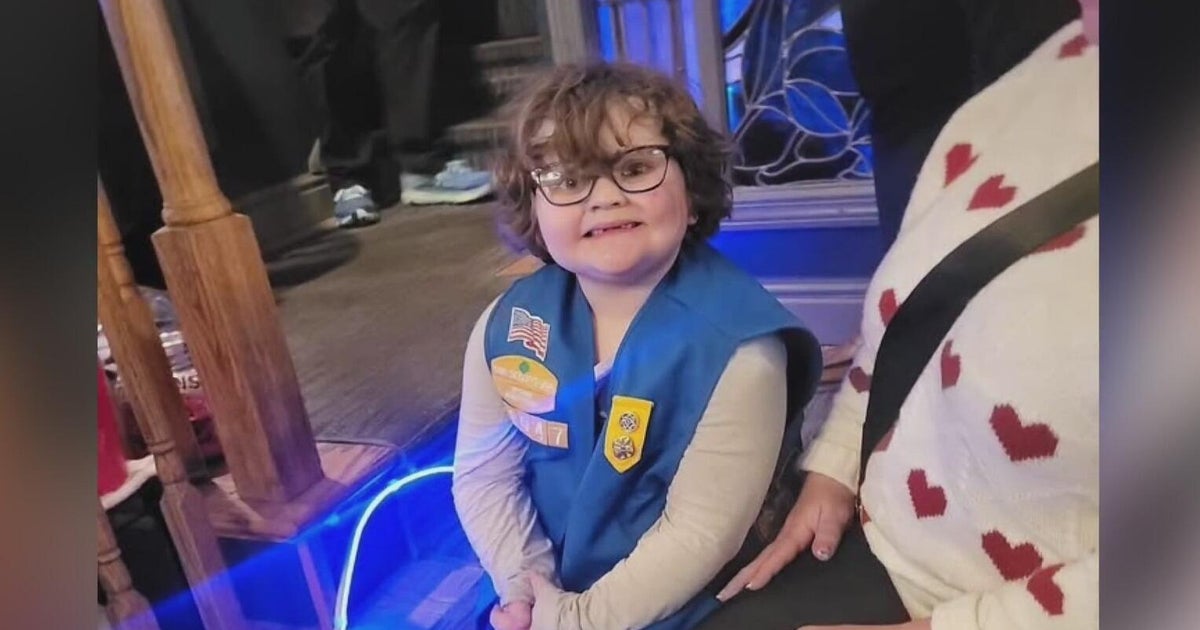Twins Blog: Memorial Day & Baseball
MINNEAPOLIS (WCCO) -- Memorial Day is the traditional "quarter pole" in the Major League Baseball season. It marks the point where the sorting out of contenders from pretenders truly begins.
For teams having seasons like the Twins, it's a time to start evaluating the roster for trade possibilities with which they can begin to restock with young talent. For teams having seasons like the Tigers, it's a time to figure out why they've underachieved and what pieces need to be added in order to reach the lofty goals they'd set coming out of spring training.
But as we all know, Memorial Day is about a lot more than just baseball. Tracing its origins to the "Decoration Day" of the post-Civil War era, Memorial Day was established to honor the men and women who've lost their lives in the service of their country's military. For many of us, it's grown to become a holiday on which we honor the memory of all those who served, whether they died in service or not.
Baseball has a long tradition of honoring the men and women of the armed forces, including some of the men who've played the grand old game.
There are the famous names: Ted Williams served as a naval aviator in both WWII & the Korean War; Joe DiMaggio served in the Army Air Force during WWII; Johnny Pesky was an Ensign in the Navy; and Bob Feller enlisted in the Navy on December 12, 1941, the day after the Japanese attack on Pearl Harbor.
Here in Minnesota, Ron Gardenhire was born to First Sergeant Clyde Gardenhire as he served on an Army base in Germany, and Hall of Famer Rod Carew -- thankfully still with us -- served in the Marine reserves for six years.
But go back a little further and you can find even more compelling stories with ties to the Washington Senators, who would go on to become the Minnesota Twins.
Elmer Gedeon was born in Cleveland in 1917. He went to the University of Michigan where he excelled at several sports, especially track. But baseball was his passion, and he signed with the Senators as an outfielder after graduating in 1939.
He joined the big club in September of that season, appearing in five games, collecting three hits, and knocking in one run. Little did he know that would be his only taste of the Major Leagues.
Gedeon spent the 1940 season knocking around the minors, and was expected to do so again in 1941, but was instead summoned to serve in the Army Air Corps.
In April of 1944, Elmer was the pilot of a B-26 Marauder which was one of 30 planes to leave Boreham Airfield in England to bomb German construction works at Bois d'Esquerdes. Gedeon's plane never returned. As it reached the target, it was lit up by search lights and pummeled by enemy flak, including a fateful burst which struck just under the cockpit. Elmer, along with all but one member of his crew, was killed in the resulting crash.
Elmer Gedeon's remains now reside amongst the heroes in Arlington National Cemetery in Virginia.
Pitcher James Trimble never made it to the big leagues.
Born in Bethesda, Maryland, in 1926, he was a star athlete in high school. Trimble caught the eye of Senators owner Clark Griffith who invited him to a try out during his senior year in 1943. Griffith would have signed the right-handed hurler on the spot, but Trimble's mother insisted that he finish high school first. So instead, Griffith gave him a $5000 signing bonus and the promise of a roster spot after he finished college at Duke University.
In early 1944, however, Trimble heard the call to serve and enlisted in the Marines. In July of that year, he joined the Third Marine Division in their action on Guam. In February of 1945, the Third Division left Guam for action on a small island 750 miles south of Tokyo, known as Iwo Jima.
As the Third Division landed, they came under heavy rocket fire from Japanese forces. Trimble was one of eight Marines who volunteered to search out and destroy the Japanese troops firing those rockets. As they rested in their foxholes, those Marines came under attack. A Japanese soldier with a mine strapped to his body, jumped into Trimble's foxhole, detonating his ordinance and killing the private instantly.
Trimble now rests in Rock Creek cemetery in Washington, D.C.
Those are the stories of just two of 40 Senators major- and minor-leaguers who served in the armed forces in WWII. The annals of baseball history are filled with hundreds more stories of heroism and valor.
So it's only appropriate that baseball, the Minnesota Twins, and all of us pause on this special holiday to tip our caps in remembrance of those who gave the "last full measure of devotion" so that we might be able to enjoy our freedom, the beginning of summer and the wonderful sport of baseball!







